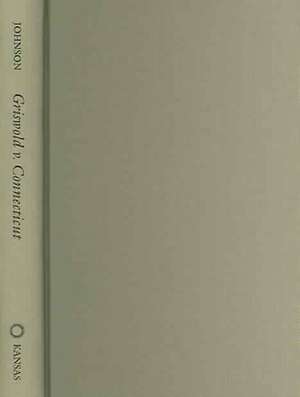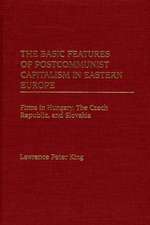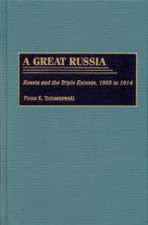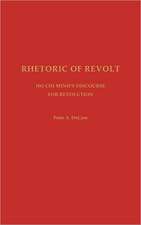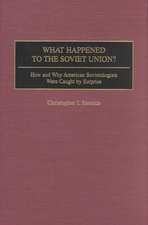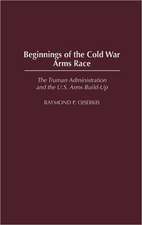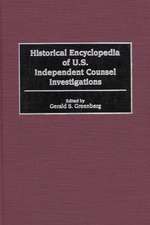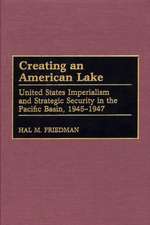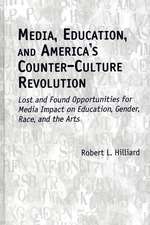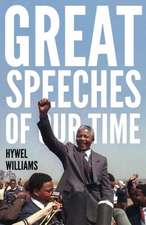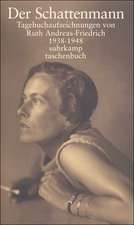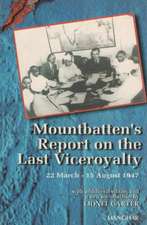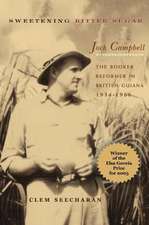Griswold V. Connecticut: Birth Control and the Constitutional Right of Privacy: Landmark Law Cases & American Society
Autor John W. Johnsonen Limba Engleză Hardback – 28 feb 2005
Vezi toate premiile Carte premiată
Johnson explores Griswold's origins in a challenge to Connecticut's 1879 anti-contraception law, provides a detailed narrative of its progress, examines the unfolding of the newly secured right of privacy up to recent controversies over same-sex relations, and grounds the story in two key contexts: the struggle within one state to establish the right to birth control and the national debate over the right of privacy. He also provides important insights into the Supreme Court decision in "Poe v. Ullman" (1961), which rejected challenges to the Connecticut's law and was itself immediately challenged. In response to Poe, Planned Parenthood opened a clinic in New Haven to dispense birth control advice and devices to married women. Ten days later, a local prosecutor shut the clinic down and indicted executive director Estelle Griswold and her medical director, C. Lee Buxton.
Tracing the progress of Griswold's case, Johnson clarifies how privacy or "the right to be let alone" became a judicially constructed right. In one of the most idiosyncratic opinions in the Court's history, Justice William O. Douglas ruled that "emanations" from five constitutional amendments afforded protection to the right of privacy, while several other justices proposed competing rationales in support. As he unravels this fascinating tale, Johnson reveals a multifaceted decision that was not in fact the doctrinal novelty that many scholars have argued.
For two generations, Griswold has functioned as the legal basis for judicial rulings involving issues of sexual intimacy, reproductive rights, and family life. Even today, it continues to set the agenda for debates about privacy in American life and about how the Constitution itself should be interpreted. Johnson's deft and incisive analysis of the case will interest anyone concerned about the nature, scope, and future of privacy in America."
| Toate formatele și edițiile | Preț | Express |
|---|---|---|
| Paperback (1) | 199.20 lei 3-5 săpt. | |
| University Press of Kansas – 28 feb 2005 | 199.20 lei 3-5 săpt. | |
| Hardback (1) | 541.13 lei 6-8 săpt. | |
| University Press of Kansas – 28 feb 2005 | 541.13 lei 6-8 săpt. |
Din seria Landmark Law Cases & American Society
-
 Preț: 194.20 lei
Preț: 194.20 lei -
 Preț: 197.09 lei
Preț: 197.09 lei -
 Preț: 194.03 lei
Preț: 194.03 lei -
 Preț: 195.17 lei
Preț: 195.17 lei -
 Preț: 196.91 lei
Preț: 196.91 lei -
 Preț: 199.58 lei
Preț: 199.58 lei -
 Preț: 197.89 lei
Preț: 197.89 lei -
 Preț: 237.85 lei
Preț: 237.85 lei -
 Preț: 196.14 lei
Preț: 196.14 lei -
 Preț: 199.20 lei
Preț: 199.20 lei -
 Preț: 538.06 lei
Preț: 538.06 lei -
 Preț: 194.03 lei
Preț: 194.03 lei -
 Preț: 238.61 lei
Preț: 238.61 lei -
 Preț: 196.14 lei
Preț: 196.14 lei -
 Preț: 195.94 lei
Preț: 195.94 lei -
 Preț: 195.55 lei
Preț: 195.55 lei -
 Preț: 196.91 lei
Preț: 196.91 lei -
 Preț: 197.46 lei
Preț: 197.46 lei -
 Preț: 194.03 lei
Preț: 194.03 lei -
 Preț: 199.80 lei
Preț: 199.80 lei -
 Preț: 195.94 lei
Preț: 195.94 lei -
 Preț: 440.45 lei
Preț: 440.45 lei -
 Preț: 194.41 lei
Preț: 194.41 lei -
 Preț: 193.64 lei
Preț: 193.64 lei -
 Preț: 197.46 lei
Preț: 197.46 lei -
 Preț: 197.89 lei
Preț: 197.89 lei -
 Preț: 197.89 lei
Preț: 197.89 lei -
 Preț: 194.79 lei
Preț: 194.79 lei -
 Preț: 195.94 lei
Preț: 195.94 lei -
 Preț: 197.89 lei
Preț: 197.89 lei -
 Preț: 196.14 lei
Preț: 196.14 lei -
 Preț: 197.89 lei
Preț: 197.89 lei -
 Preț: 199.80 lei
Preț: 199.80 lei -
 Preț: 197.46 lei
Preț: 197.46 lei -
 Preț: 534.00 lei
Preț: 534.00 lei -
 Preț: 197.09 lei
Preț: 197.09 lei -
 Preț: 239.58 lei
Preț: 239.58 lei -
 Preț: 195.94 lei
Preț: 195.94 lei -
 Preț: 197.67 lei
Preț: 197.67 lei -
 Preț: 194.96 lei
Preț: 194.96 lei -
 Preț: 221.56 lei
Preț: 221.56 lei -
 Preț: 193.64 lei
Preț: 193.64 lei -
 Preț: 194.79 lei
Preț: 194.79 lei -
 Preț: 539.39 lei
Preț: 539.39 lei -
 Preț: 194.03 lei
Preț: 194.03 lei
Preț: 541.13 lei
Nou
Puncte Express: 812
Preț estimativ în valută:
103.54€ • 108.11$ • 85.70£
103.54€ • 108.11$ • 85.70£
Carte tipărită la comandă
Livrare economică 04-18 aprilie
Preluare comenzi: 021 569.72.76
Specificații
ISBN-13: 9780700613779
ISBN-10: 0700613773
Pagini: 280
Dimensiuni: 167 x 219 x 25 mm
Greutate: 0.46 kg
Ediția:New.
Editura: University Press of Kansas
Seria Landmark Law Cases & American Society
ISBN-10: 0700613773
Pagini: 280
Dimensiuni: 167 x 219 x 25 mm
Greutate: 0.46 kg
Ediția:New.
Editura: University Press of Kansas
Seria Landmark Law Cases & American Society
Descriere
Americans value privacy as one of their most cherished rights. yet the word "privacy" isn't even mentioned in the U.S. Constitution. It took the supreme Court's ruling in "Griswold v. Connecticut (1965) to bestow constitutional protection upon this right. That remains one of the court's most hotly debated rulings and led directly to an even more controversial decision in "Roe v. Wade (1973). John Johnson's masterly critique of Griswold-"which observes its 40th anniversary on June 7, 2005-"reminds us once again of its crucial impact on both American law and society. Johnson explores "Griswold's origins in a challenge to Connecticut's 1879 anticontraception law, provides a detailed narrative of its progress, examines the unfolding of the newly secured right of privacy up to recent controversies over same-sex relations, and grounds the story in two key contexts: the struggle within one state to establish the right to birth control and the national debate over the right of privacy. He also provides important insights into the Supreme Court decision in "Poe v. Ullman (1961), which rejected challenges to the Connecticut's law and was itself immediately Challenged. In response to "poe, Planned Parenthood opened a clinic in New Haven to dispense birth control advice and devices to married women. Ten days later, a local prosecutor shut the clinic down and indicted executive director Estelle Griswold and her medical director, C. Lee Buxton. Tracing the progress of Griswold's case Johnson clarifies how privacy or "the right to be let alone" became a judicially constructed right. In one of the most idiosyncratic opinions in the Court's history, Justice William O. Douglas ruled that "emanations"from five constitutional amendments afforded protection to the right of privacy, while several other justices proposed competing rationales in support. As he unravels this fascinating tale, Johnson reveals a multifaceted decision that was not in fact the doctrinal novelty that many scholars have argued. For two generations, "Griswold has functioned as the legal basis for judicial rulings involving issues of sexual intimacy, reproductive rights, and family life. Even today, it continues to set the agenda for debates about privacy in American life and about how the Constitution itself should be interpreted. Johnson's deft and incisive analysis of the case will interest anyone concerned about the nature, scope, and future of privacy in America.
Premii
- Langum Prize for Historical Literature Honor Book, 2005
